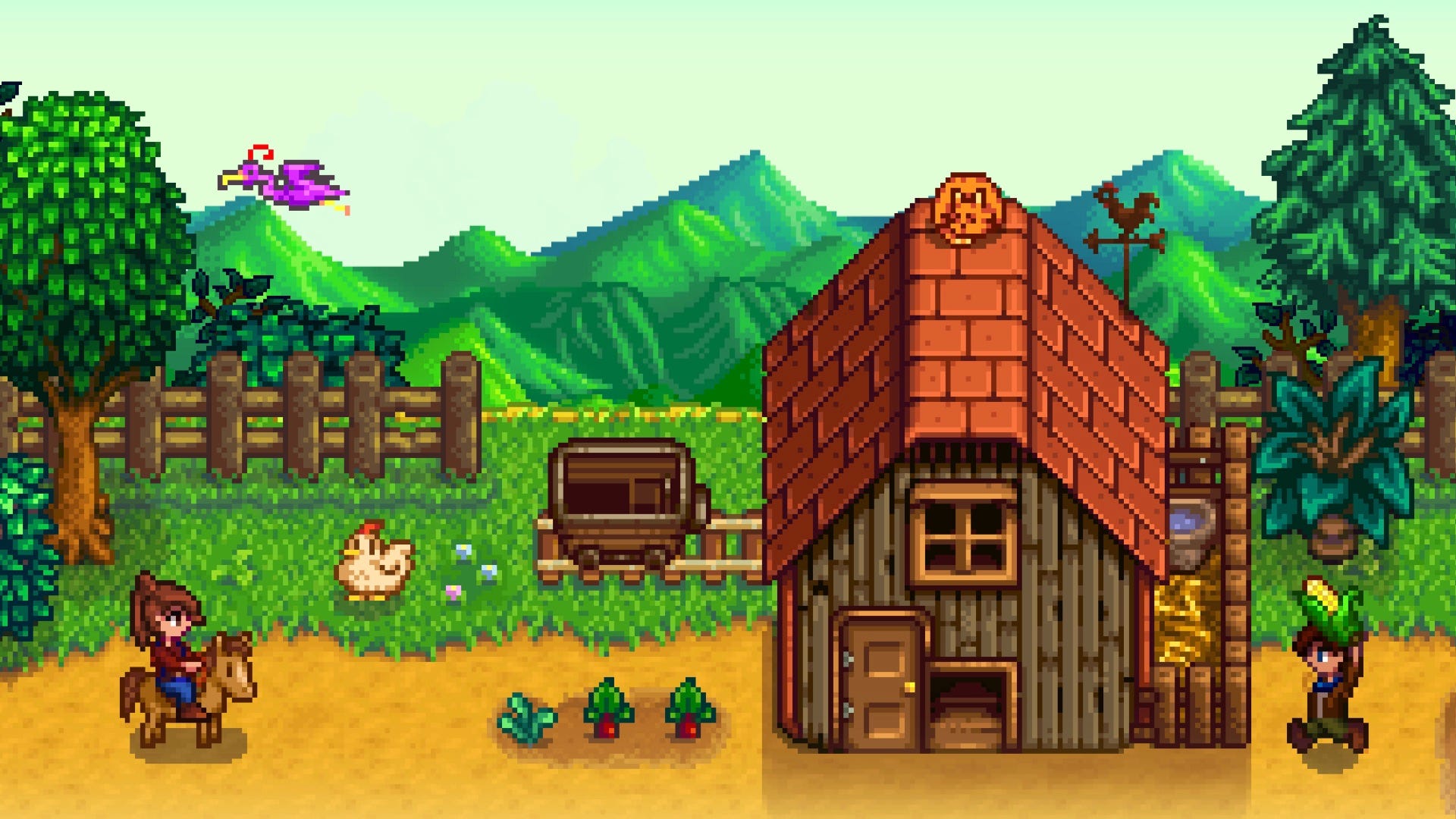‘Not Returning Breaks My Heart.’ A Gazan in Egypt Considers Where to Go Next
A teacher who escaped with her family to Egypt writes about the mix of emotions around the cease-fire, and the anguished question of returning.


In her first letter from Gaza, the former blogger Amal Murtaja described daily life in war. A second dispatch closed with the news that she had managed to escape to Egypt with her children. Murtaja, who taught English at Gaza’s American International School, wrote this from Giza, outside Cairo.
As the potential cease-fire agreement neared, the news was a whirlwind of conflicting reports. It was so nerve-wracking, especially with most of my friends and relatives still in Gaza, that I honestly stopped following closely. I didn’t want to get my hopes up. Then, two days ago, my WhatsApp notifications went crazy. I knew something was happening. I turned on the TV and saw the news of the cease-fire. A wave of ambivalence washed over me, and the tears followed immediately.
Memories of Eman, my brother’s wife, and my nephews, Omar and Zaid, who we lost in October, overwhelmed me. Zaid would have turned 5 this year, and Omar 6. I pictured my burnt house, where I lived so many happy days, and my demolished school, where I built a second family with my colleagues, and the vibrant classrooms now reduced to rubble. I pictured my parents’ house, the ultimate source of safety and love. These images of what once was—and now exists only as a memory—flooded my mind. Any joy the ceasefire might bring felt minimized, even overshadowed by these emotions.
[time-brightcove not-tgx=”true”]
The past 15 months—though they’ve felt like years—have been incredibly challenging. Adjusting to a new environment and navigating a slightly different culture has been tough, not just for me but for Mohammed and Ali as well. Even now, I often find myself staring out the window, asking, “Where am I?” Egypt is undoubtedly a beautiful place, and the people are warm and loving, and while I’ve grown more familiar with it, it still feels strange to me, like a place I’m living in but not quite a part of yet.
I’ve been trying to settle in, establishing a new routine, learning the streets, and getting to know my neighbors. But this new life, which I’m forcing myself to grow accustomed to, feels nothing like my past life in Gaza. Nothing feels right. I keep comparing everything around me to Gaza. Gaza was a small city with limited resources, yet it was “enough.” The people, the family, the friends, the food, the history, the memories—they made it a place of belonging.
The small equestrian club where I took Mohammed and Ali every Friday, the smile on my kids’ faces every time they rode a horse was enough. The three-story mall with its little shops and the familiar faces of the shopkeepers was enough. The food court with only 5 restaurants, where I taught Mohammed, at age 7, how to order a meal by himself, that first hesitant “Excuse me, sir…” followed by his beaming smile—those moments, those simple joys, were enough. The holy month of Ramadan and the feasts we shared with our family and friends, the table laden with fragrant dishes, the anticipation of breaking our fast together, the laughter and warmth that filled the room—those were enough. The bustling streets during Eid, a symphony of colors and sounds, visiting our relatives and friends, the excitement of my children as they insisted on laying out their new clothes on their beds the night before, eager to wear them at the crack of dawn—these simple pleasures were enough. The parties, my best friends and I threw every now and then, whenever the school stressed us out, to let off some steam and feel less stressed by criticizing the school system together laughing until our sides ached, those were the nights that built the bonds that truly mattered. Now, I can’t remember the last time I saw all my friends together, and I rarely see those who have made it to Egypt, we are scattered in the vastness of this country. I miss them all tremendously; they truly are like family to me. Egypt is fascinating, but not “enough.” And voices keep whispering in my ears, “You don’t fit in.”
Life in Egypt hasn’t been kind to us, and we’ve had more than our share of struggles. Not having residency here has created enormous barriers in our attempt to rebuild and move forward. It has hindered us from accessing basic opportunities and what one might call “life.” After a month-long search, I finally found a school willing to accept Mohammed and Ali without residency. But because we lack proper documentation, they won’t receive end-of-year certificates. While I’m grateful they’re learning, it’s disheartening knowing there’s no official record to show for it.
Despite my 12 years of teaching experience, I haven’t been able to find a job here, years of dedication and passion, seem to hold no weight in this country yet. My husband Ramadan hasn’t been able to start a business either. He managed to join us in April, which honestly felt like a miracle. If he had been just one day late crossing the border, he’d still be stuck there. Our son Ali, three at that time, clung to Ramadan’s neck beaming and said, “Daddy what took you so long?” and Mohammed stood in the corner in disbelief before he burst out, hugging Ramadan, crying. The memory still brings a lump to my throat. Starting over from scratch has been forced upon us but let me tell you—it’s unbelievably hard.
Even with all these challenges and obstacles, there’s no way for my family and me to return. We have lost everything—our house is completely burned down, my mother-in-law’s house, my parents’ house, my husband’s place of business, and my school are shut down. We have lost everything, so returning is not an option for me. The echoes of the bombings still ring in my ears, a constant reminder of the life we once knew. Palestinians in Egypt have been vocal about returning, with some wanting to return tomorrow and others, like me, having lost everything and finding it impossible. I mean, we share the same desire—if we wanted to start over, we’d like to do so in a safe and healthy environment for ourselves and our children, especially since there is no absolute guarantee that another war might erupt at any time. I’m 35, and my husband is 37. I can’t risk losing more years of my life in a city where everything can, and most probably will, be lost in the blink of an eye.
You know, we have gone through several wars before, but this one is the most vicious and devastating. We never had to leave our homes during any of the previous wars, and we never experienced such significant loss. I genuinely feel like I’ve betrayed my friends when I ask them in the WhatsApp group how they are. Their suffering haunts me. I feel like sending them a message to inquire about their well-being from the comfort of my home, while they take refuge in a tent or a group shelter, is a betrayal. I keep telling them that I feel for them, and I truly do, but I know that deep down they wish they were far away from this bloodshed and horror. They all have nothing left to lose now, just like me. None of them have their homes still intact, and all of them have suffered the loss of a relative or a loved one. We also lost a few of the friends we know and love. They are all so fed up with everything that’s happening, worn out, that they’ve even lost their passion for life. It’s like they’ve forgotten what happiness feels like. Believe it or not, the ceasefire news didn’t cheer them up the way you’d expect. It’s happiness mixed with fear, sorrow and uncertainty. They were all saying things like,
- “Yeah, whatever, we just want this to be over.”
- “I hope it’s true this time.”
- “I hope none of the sides break the agreement.”
- “The only thing we won is surviving; other than that, we were the true victims.”
- “I just have no idea what’s the right thing to do? Fix my home or leave Gaza or just wait?”
- “I’m too tired to think, I just want peace and quiet and I want to return to my home.”
- “Guys, I’m not ‘very’ happy. Is this normal?”
- “Once the border opens, I’m getting out of this hellhole.”
- “We’re all happy we made it out alive.”
The conversation was long and filled with sarcasm, grim laughter at our shared struggle. They are as clueless about the future as I am. They are divided between those who want to travel and leave everything behind, and those who wish to travel but are too broke to do so and those who are already in Egypt and want to return, and those who will return to their homes no matter the conditions.
Most Gazans in Egypt have decided to return. As I mentioned, life in Egypt hasn’t been easy, given that we lack residency permits, restricting us from moving freely, and of course the financial reasons. Whatever money people had been saving is almost finished. Some people immigrated to countries like Australia, Canada, and others around the world, and even they yearn to return. Gaza may be small but Gaza is enough.
War has stripped us all of our lives—both figuratively and literally– of our aspirations for the future, and of our desire to live. Now, we are all in survival mode, whether in Gaza or out. We are equally struggling and trying to rebuild our lives, we are all equally bewildered and have no idea what’s right and what’s wrong about the next phase in our lives. We all feel trapped, unable to find a way out of this spiral of consuming thoughts about our future and our kid’s lives.
The thought of me not returning breaks my heart. I never thought that I’d ever leave my hometown. Memories, vivid and painful keep flashing through my eyes, and I just can’t help but cry. Even if I did return, it wouldn’t be the same. The echoes of war would linger, a constant reminder of the life we had lost. The real war starts now. With everyone not knowing what to do with their lives. Not knowing which decision is the right decision. Everything we think is both right and wrong. We’re lost in a sea of doubt, despair and uncertainty.
So I’ll end up with this fragile promise, I may not return now, or for the next few years, but I’m sure I’ll go back one day.
What's Your Reaction?
































